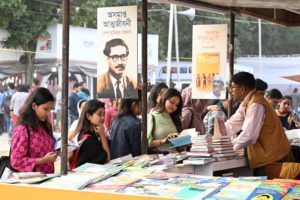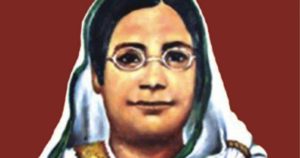Begum Rokeya’s Millennials
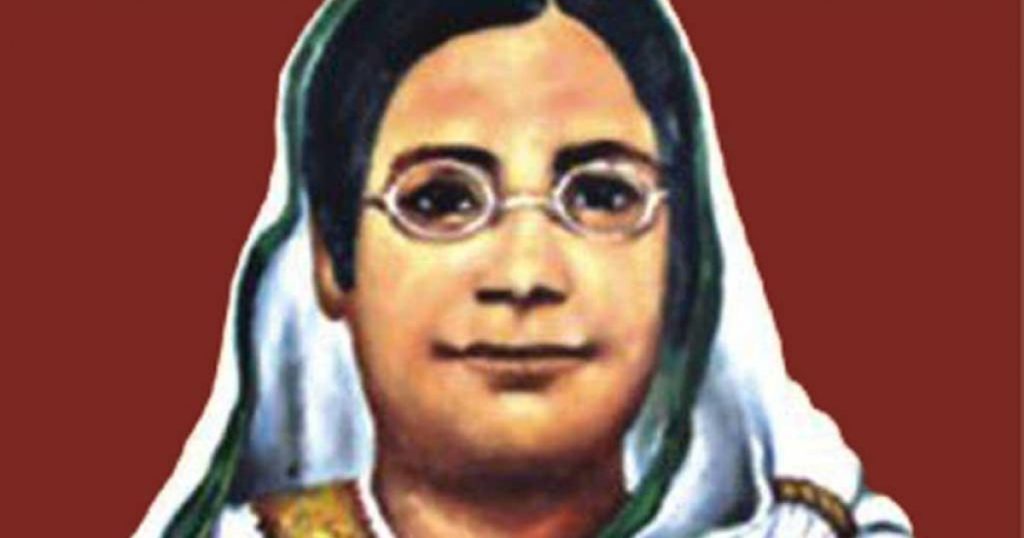
By Anika Hossain
Editor in Chief, BoNY
The Barbie movie gave us a glimpse of what the world would look like if it was run by women. Barbies were shown as being ambitious, driven and successful, while Kens were just…Kens. But did you know that the concept of Barbie Land was actually explored over a century ago by a female Bengali writer?
That writer is none other than Rokeya Sakhawat Hossain, famously known as Begum Rokeya.
Begum Rokeya (1880-1932) was born in colonial India, in the Rangpur district of present-day Bangladesh. She is widely recognized among Bengalis as a pioneering feminist writer, educator and activist. December 9 is believed to be both her birthday and death anniversary, which is celebrated as “Rokeya Day” in Bangladesh.
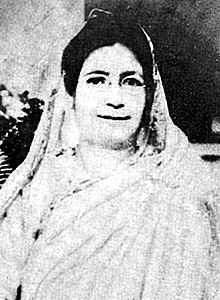
Begum Rokeya wrote “Sultana’s Dream” in 1905, a feminist sci-fi short story where the protagonist Sultana dreams about a utopia called Ladyland. In Ladyland, the gender roles are reversed. Women run society and roam around the streets freely while men must stay indoors to take care of the home and children. Ladyland, governed by a queen, is free from war, crime and disease. Habitants use renewable energy, invest in horticulture and commute in flying electric cars.
“Sultana’s Dream” was written in English and published in The Indian Ladies’ Magazine, the first Indian magazine that was written by women and for women. English was Begum Rokeya’s fifth language; she knew Urdu, Persian, Arabic and Bangla. Most of Begum Rokeya’s work was actually published in Bangla, her regional language. While Urdu was the preferred language for educated Muslims, Begum Rokeya consciously chose to communicate in Bangla in an effort to uplift the Bengali community.
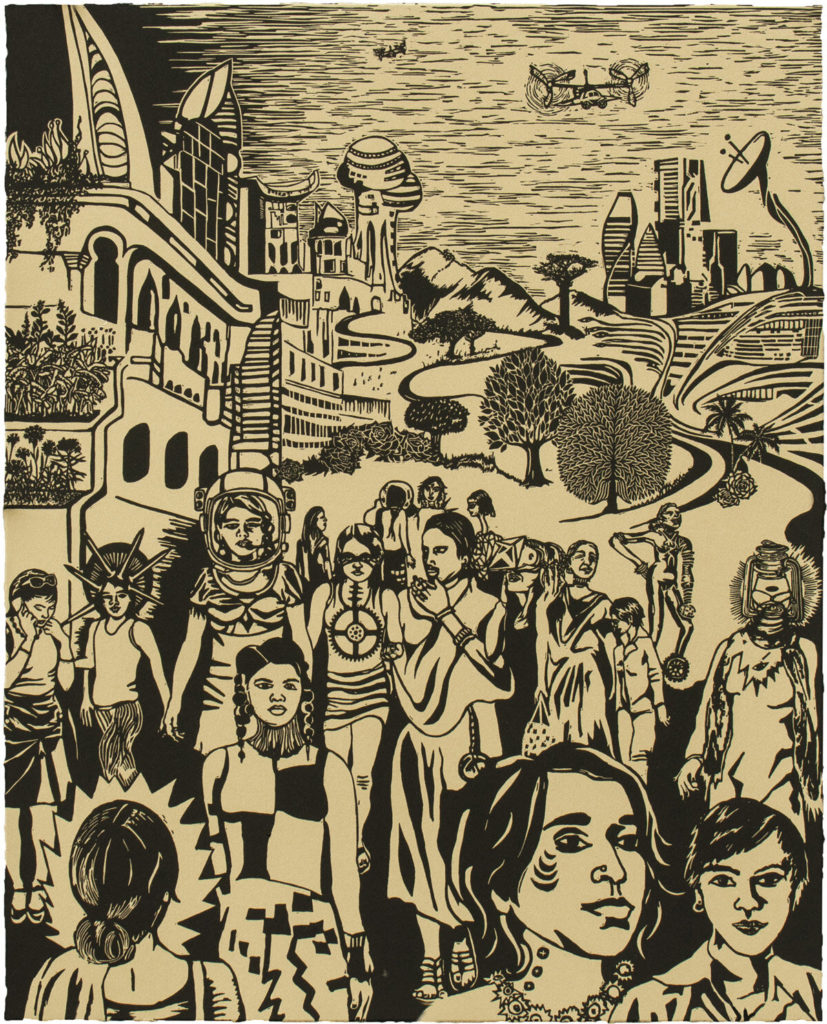
Begum Rokeya was denied a formal education as the Muslim community of India at the time did not support women’s education. Yet she was passionate about learning and educated herself with the help of her brother. As a teenager, she was married off to a man named Sakhawat Hossain, who encouraged her to write and gave her money to establish a school for girls. In 1911, shortly after her husband’s death, Begum Rokeya founded the Sakhawat Memorial School for Girls in Kolkata, which still exists today. She also founded the Anjuman-e-Khawateen-e-Islam (Muslim Women’s Society) to serve women in need of shelter, financial assistance and community.
“The future of India lies in its girls.” – Begum Rokeya
Although she got married at a young age, Begum Rokeya was a strong critic of early marriages. In “Sultana’s Dream,” education for women was widespread and no one was allowed to marry before turning 21. In her essay “God Gives, Man Robs,” Begum Rokeya criticizes the Muslim community for allowing child marriages: “Many a time a bride bitterly bewails her fate on being compelled to marry a bridegroom whom she knows to be a drunkard or an old man of sixty, but the marriage celebration proceeds despite her silent protest.” Despite the backlash she received for her bold statements, Begum Rokeya continued to advocate for women’s education and independence throughout her life.
And her perseverance paid off. We now have a generation of Bengali women who I like to describe as Begum Rokeya’s millennials. We are accomplished in a variety of fields — from STEM to business to arts. Our hard work no longer needs to be credited to a brother or a husband as we don’t have the same barriers to education and independence.
Begum Rokeya’s millennials are women who are living Sultana’s dream. Though we aren’t in Ladyland, we’ve still come a long way. And we are thankful to women like Begum Rokeya who paved the path.
Read More
The Legacy of Boi Mela
Every year in February, the month-long national book fair welcomes...
Read MoreMillennial Amma: How to Explain a Global Crisis As a Parent
Rumki Chowdhury shares tips for how to talk to children...
Read MoreBegum Rokeya’s Millennials
A tribute to a pioneering Bengali feminist writer, educator and...
Read More